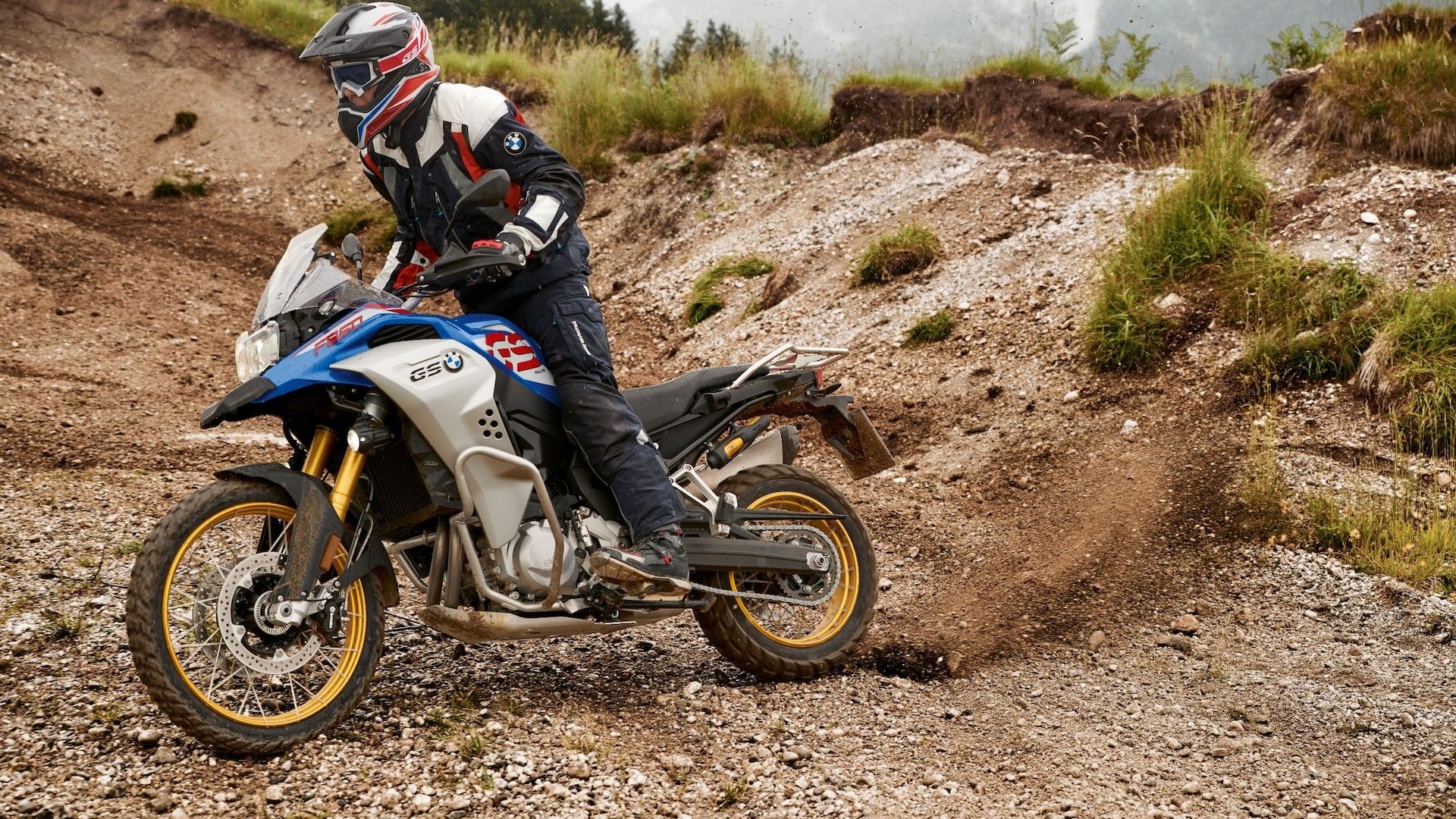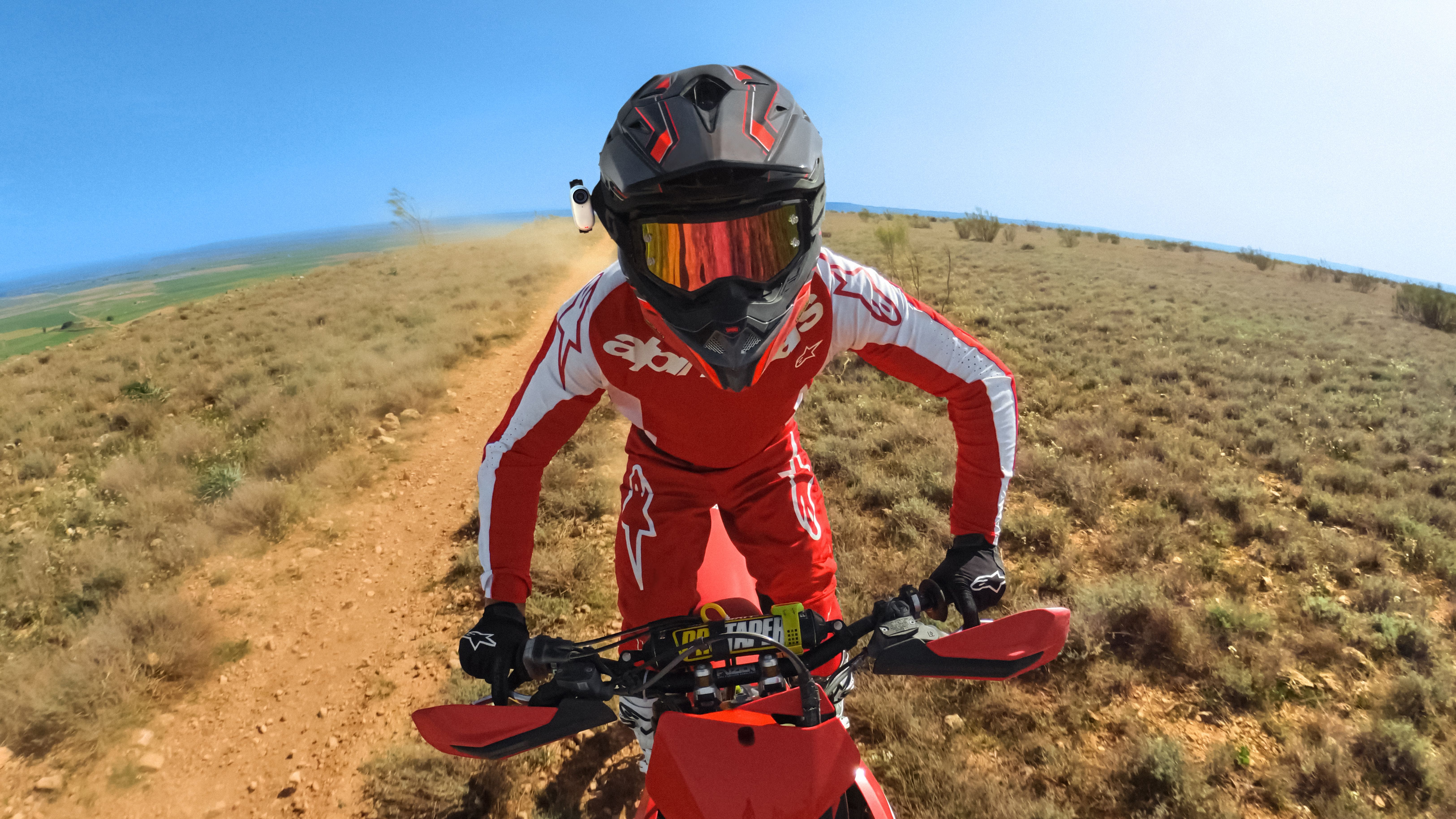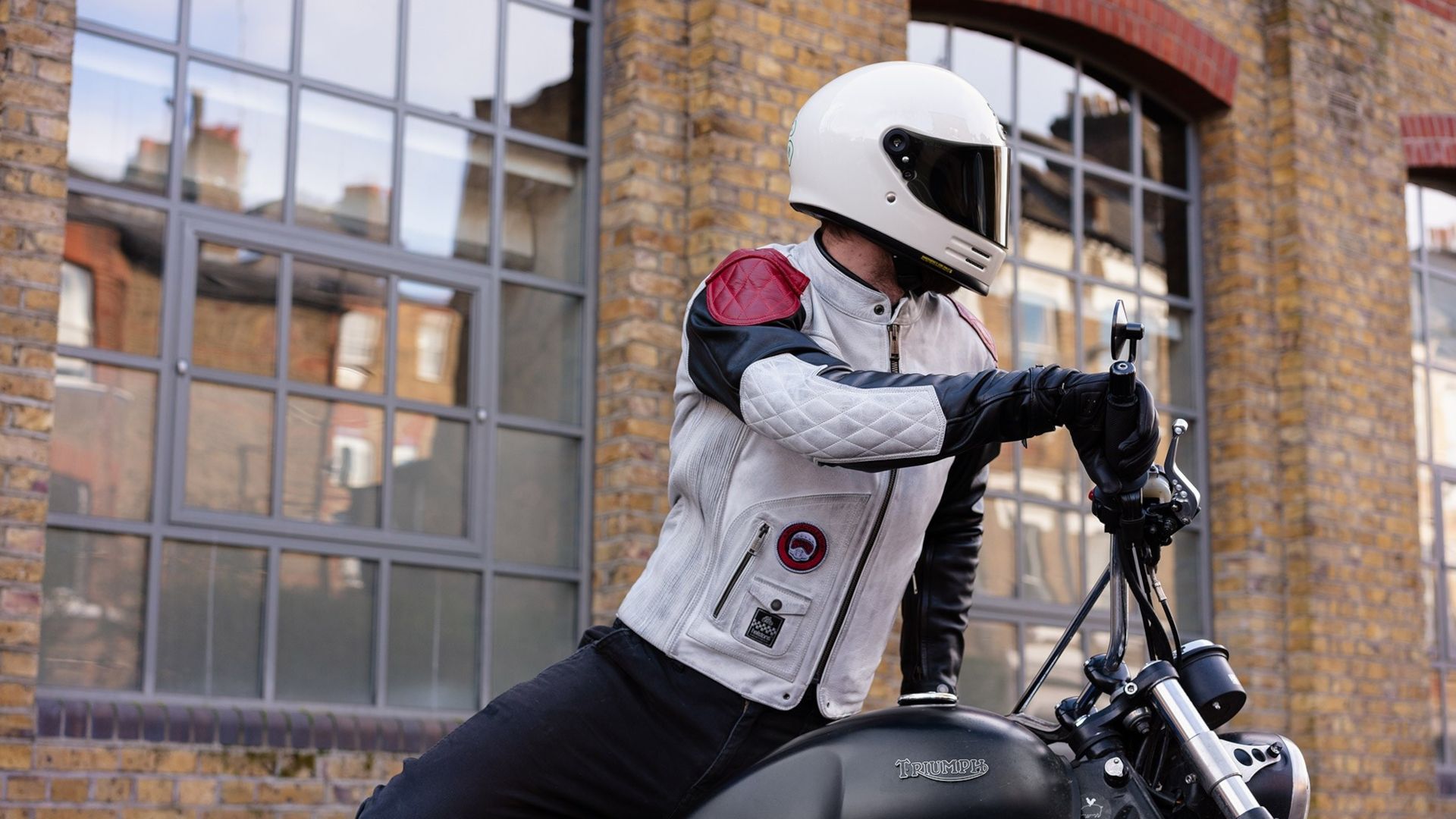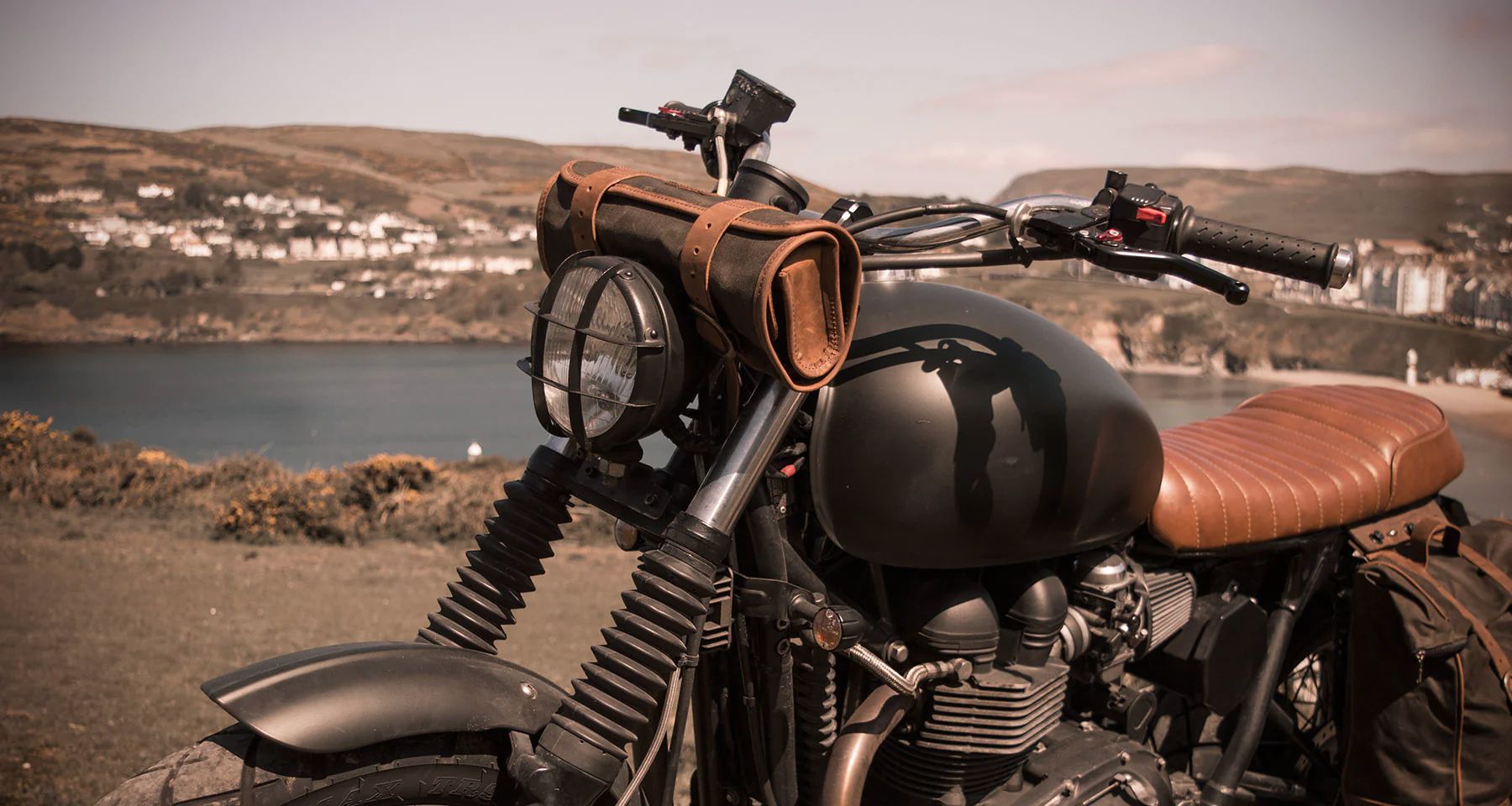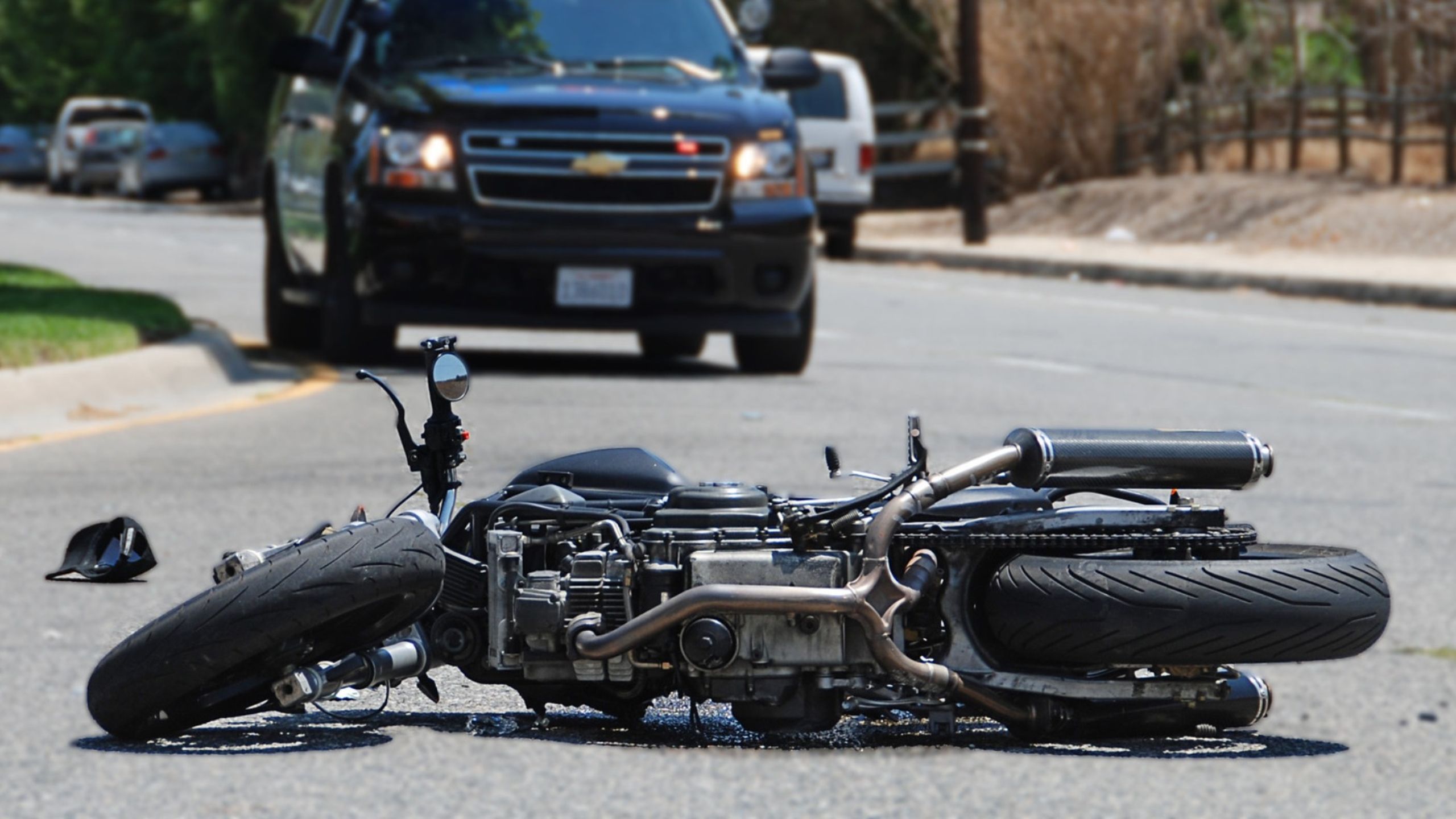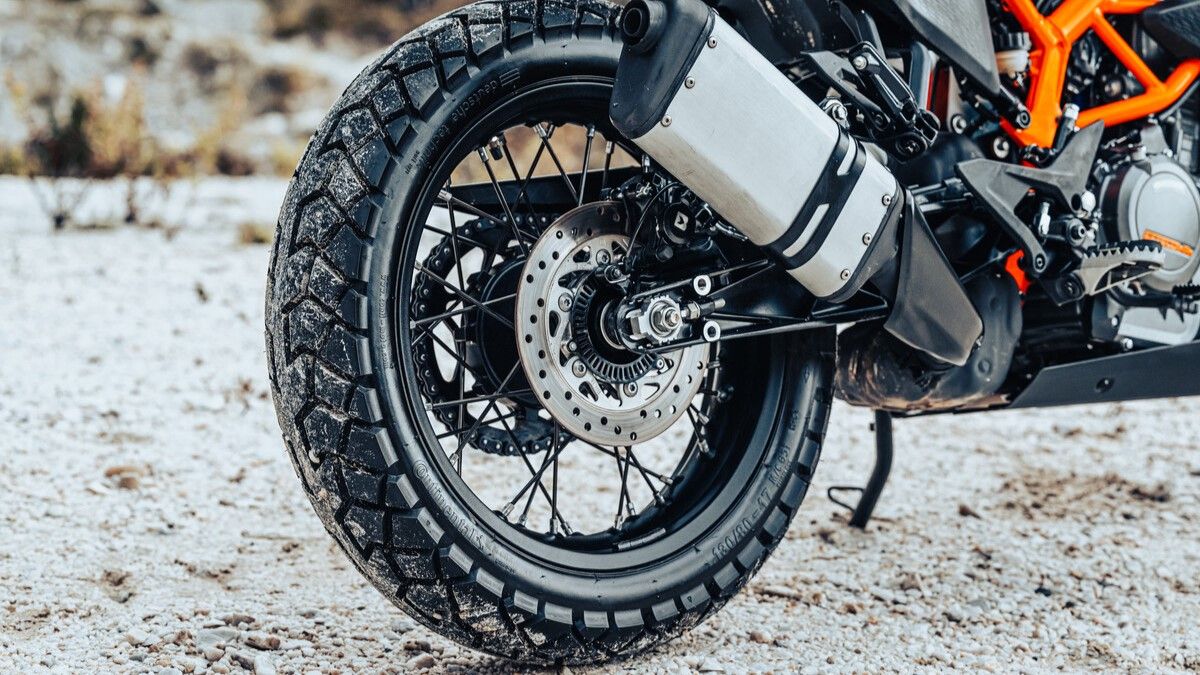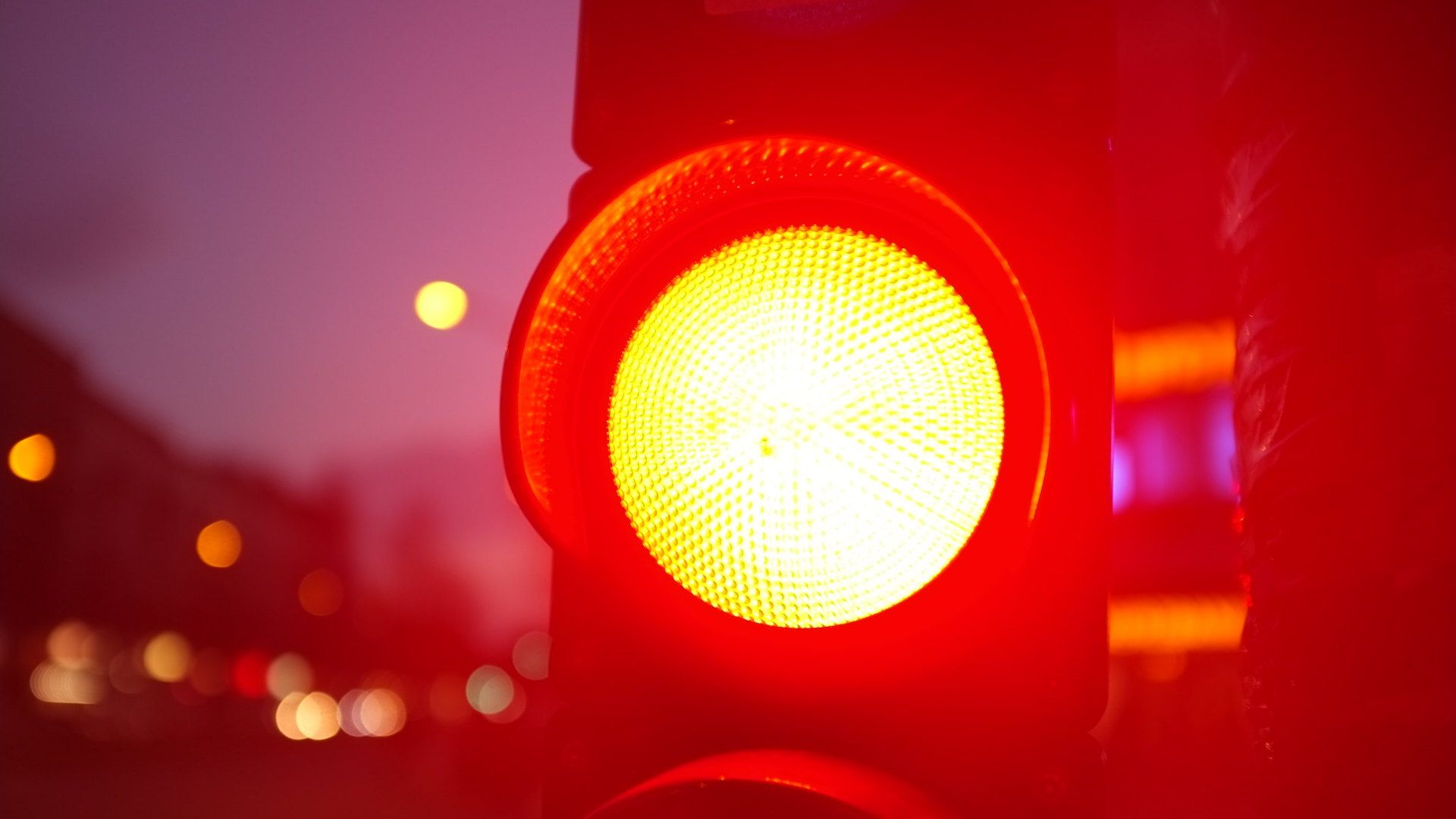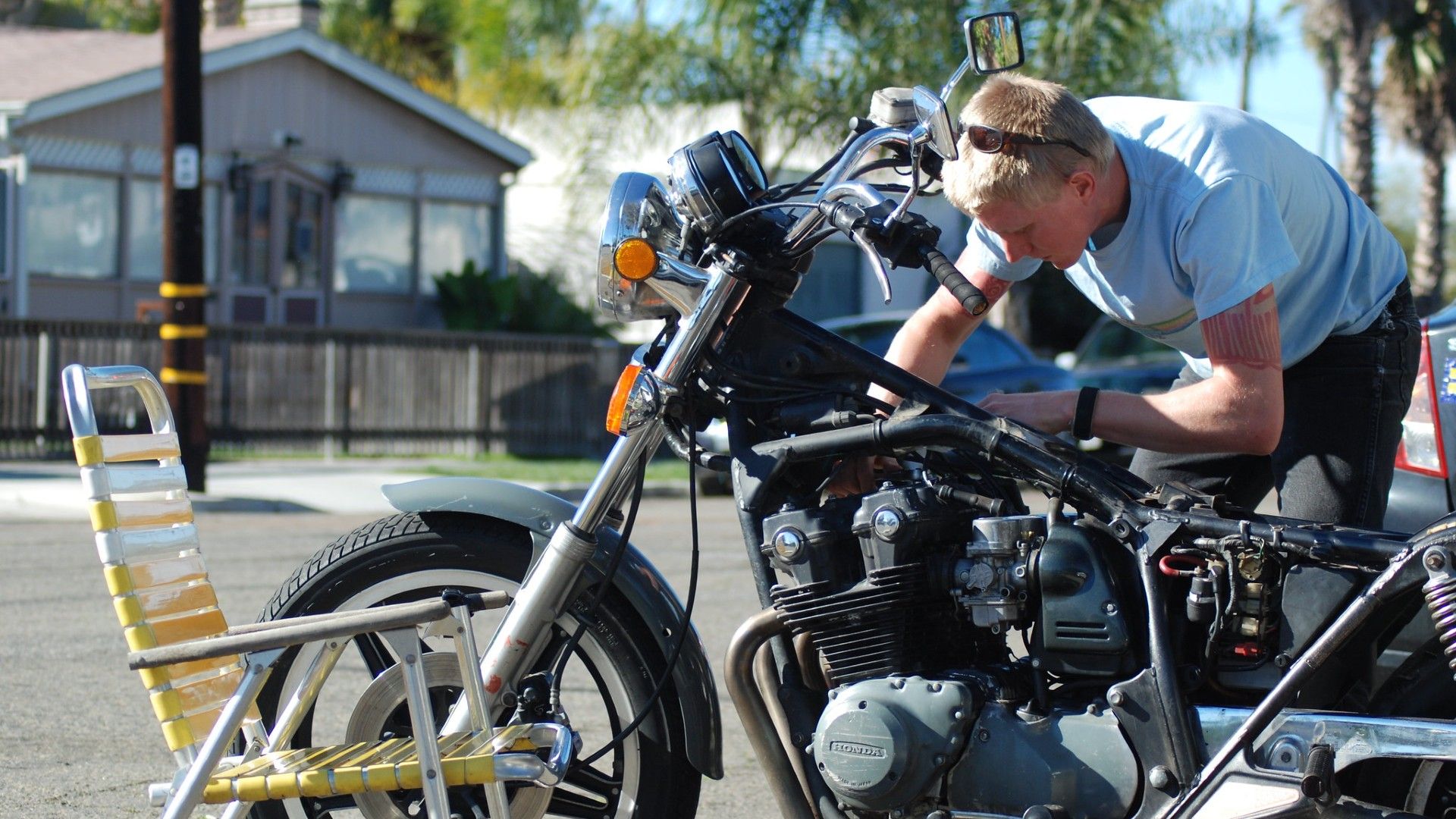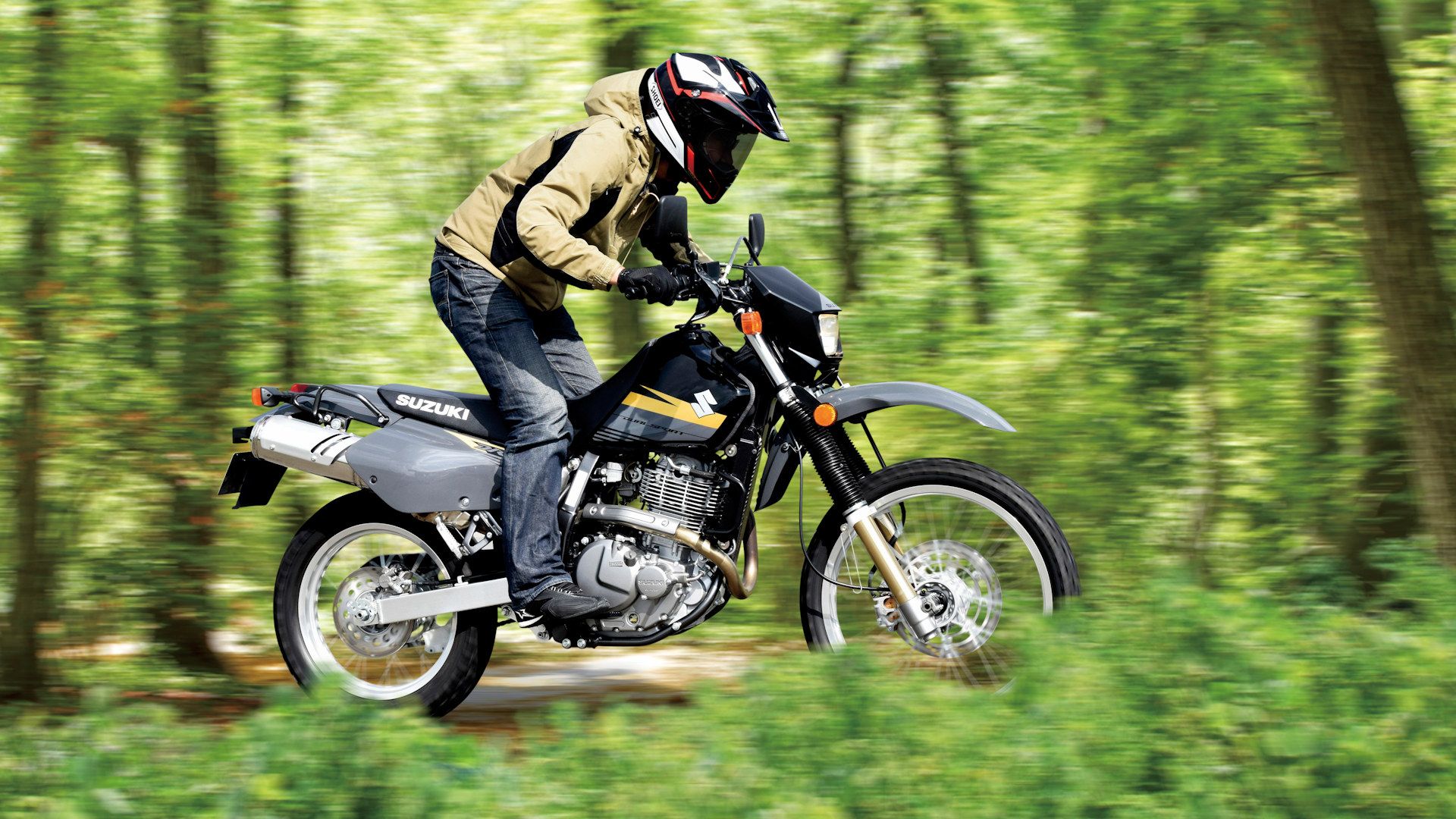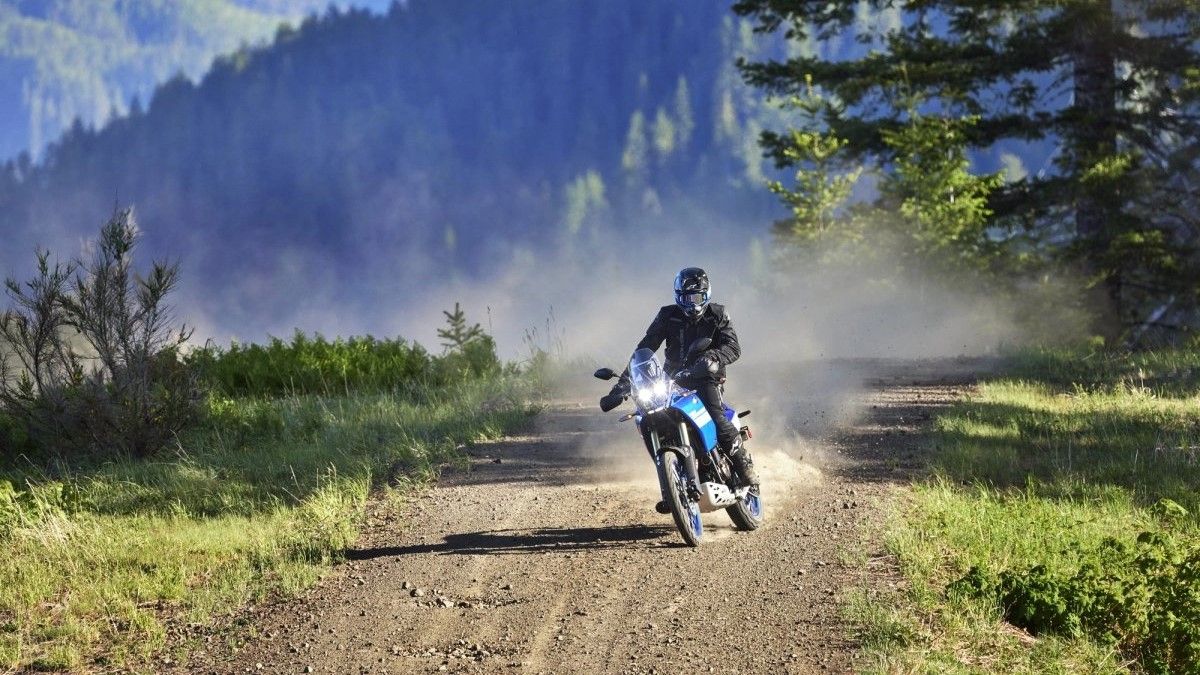We have the utmost freedom to take in our surroundings in all of its pure beauty when we ride motorcycles. These are the everyday joys that riding a motorcycle offers us whether it be on a fast roadster, the adrenaline of exploring a trail on a dirt bike or even a scrambler, or on a cruiser releasing the throttle on the highway. But the truth is that as exciting as motorcycles are, they are among the most vulnerable forms of transportation.
On the occasion a motorcycle collides with a four-wheeler, the motorcyclist will always be at a greater disadvantage. For a biker, any chance of even the smallest tip-overs on such occasions can result in a fatality or permanent disability; it is easy to lose a leg, suffer severe internal organ damage, or become disabled. Thus, it is the duty of motorcyclists to take all reasonable precautions to safeguard themselves. They can enhance their riding safety by acquiring knowledge about essential motorcycle safety measures, a few of which we will cover in this article. So, let's get to the top 10 motorcycle safety tips if you are just starting out.
10 Install A Set of Crash Bars
Motorcycle crash bars are composed of metal that is mounted to the frame of the bike to safeguard the engine as well as other important parts from impact. They also safeguard the rider by keeping the motorcycle from collapsing or squeezing the rider in the case of a crash.
The good thing is that crash bars have become offered as standard on several motorcycles, and even if your bike doesn't come with them, many manufacturers offer them as aftermarket additions. They are fairly easy to set up and will pay for the investment fairly quickly (we all know how many times we tip over with our bikes!), one of the absolute essential motorcycle safety components.
9 Strap On That Helmet
It's 2023, and we still do not understand why there still exists a disagreement between wearing a motorcycle helmet and not. One would think it is a matter of common sense but even if you were in doubt, remember that research statistics substantiate the case for wearing helmets, showing that huge numbers of motorcyclists escape death by wearing them.
A very common motorcycle accident scenario is a rider being thrown off and landing on their head. For those wearing a good quality helmet, serious head injuries can usually be averted. Some would argue that they don’t ride fast, but even head injuries sustained at low impact can be fatal. So, remember to always ride with a helmet.
8 Wear Brightly-Colored Gear
Having established how tragic collisions on a motorcycle can be it goes without saying just how crucial the rest of motorcycle gear really is. Not just that, riders should always be easily visible to other drivers by using the proper clothing. So, while choosing bike gear that protects you well is bare essential, it is even more beneficial if that gear is brightly colored and easy to spot. This makes it easier to spot riders and their bikes even in situations when the visibility isn't that great like the night or a severe rainstorm. If you already have a jacket that is not brightly colored, invest in a fluorescent vest that you can just wear over your jacket.
7 Carry Essential Tools
No matter where you are headed on your bike, toolkits are an absolute necessity. Carrying a set of tools with you is one thing that simply cannot be neglected, regardless of how short or how long you are planning to ride. Having said that, it is also not a great idea to bring along everything - one has to be mindful of the excessive weight on the bike as well. What does this mean? Well simply that having a toolkit that is compatible with your bike is essential. Something like essential spanners and screwdrivers, cable ties and some duct tape.
6 Keep Awake And Ride Sober
Drowsiness and fatigue can seriously impair a motorcyclist's reflexes and ability to react, and that is why people who are just starting out should remember to avoid riding when very fatigued. In the case of long-distance riding, taking regular short breaks from riding is a great way to ease your body and mind and give them the well-deserved rest they need. While we are on the topic of keeping your mind afresh, remember alcohol and other drugs also seriously affect judgment and should be strictly avoided when riding a motorcycle. Remember, once you are on the tarmac, riding under the influence doesn't only put your life at risk, but it also endangers everyone on that road. Be responsible and ride sober.
5 Inspect Your Tires
Inspecting your tires is as important as wearing the right gear - it is simply an irreplaceable pre-ride ritual. Keep in mind that you're only riding on a set of rubbers with some air within them. If you ignore any of these aspects, you might as well live on the edge.
Before you start a ride, make sure both of your tires are properly inflated in accordance with the recommendations in the owner's handbook. In addition to this, if your motorcycle has gone through considerable use and abuse, look to see if your tires are balding. If that is the case, run to the local tire store and buy a new pair for the bike. Lastly, remember to incorporate a small tire repair kit in your toolkit to deal with flats.
4 Follow All Traffic Rules
One of the most crucial steps to ensure your safety on two wheels is to stick by the laws and abide by all traffic rules once you are in the saddle of the motorcycle. A significant portion of the riders involved in collisions either lack a valid license and there are some that don't even have one!
If there’s one thing a great rider needs to do, it is to stick by the laws and ensure their license and all other important documents are always up-to-date. It's a good idea to regularly review the local and state traffic laws, and most importantly, don't speed!
3 Motorcycle Safety Inspection
Let's face it, while you are riding a motorcycle, anything can go wrong. To prevent any such situation, you should make sure to inspect and check your bike for any possible minor problems or niggles. Every beginner rider should have a fundamental understanding of their motorcycles because as we know it, help may not always be available on the road.
A good idea is to carry some basic equipment that should be suited for the motorcycle you are riding because tools are what will get you out of situations where you run into trouble. Learn some basic maintenance like fixing a broken chain link or changing a flat tire on your own.
2 Plan Ahead
There is no doubt that riding in itself calls for the least amount of preparation possible to make it as exciting as it could be. But let's face it, riding without any idea where you are heading or preparedness will lead you nowhere. Therefore, a good place to start would be to have a general strategy of what you want to accomplish when you are riding.
Ideally, you ought to be aware of the route you are planning on taking, nearby fuel stops and any other locations where you may stop for a rest. If you prefer the old-fashioned method of navigation, having an outline of the region you plan on riding will always be a wise choice.
1 Continuous Learning And Improvement
The majority of rookie riders make the mistake of riding big chunky bikes without any prior riding experience. Taking a motorcycle training course is an excellent way to learn the fundamentals of riding. After learning the fundamentals, you can then further develop your urban riding and ace accident-avoidance competencies by enrolling yourself in a defensive riding course or some sort of expert program for riders. Riding, like any other skill set, is one that you keep learning about and working on throughout your life. So keep at it and strive to improve every single time you sit on your bike.


